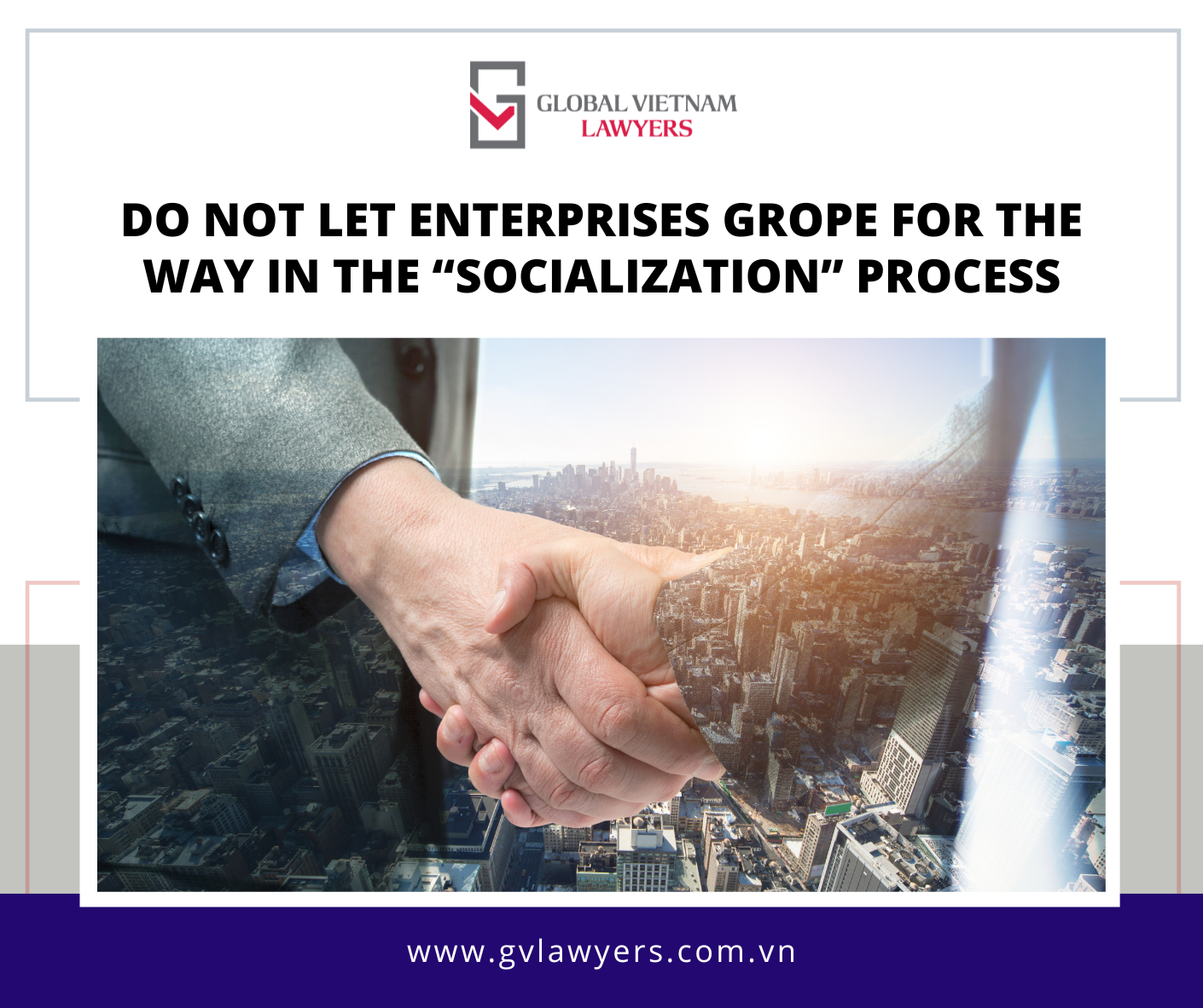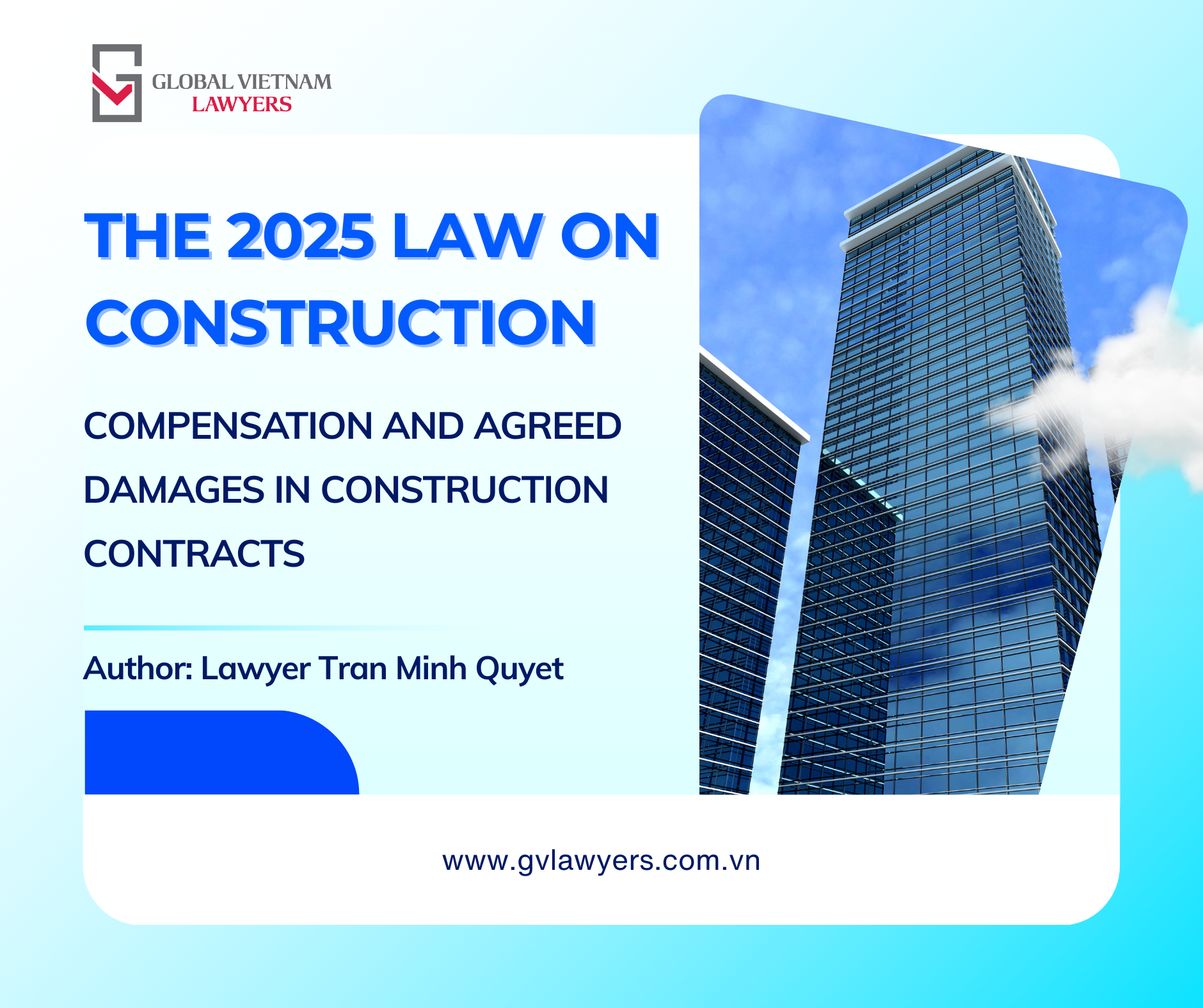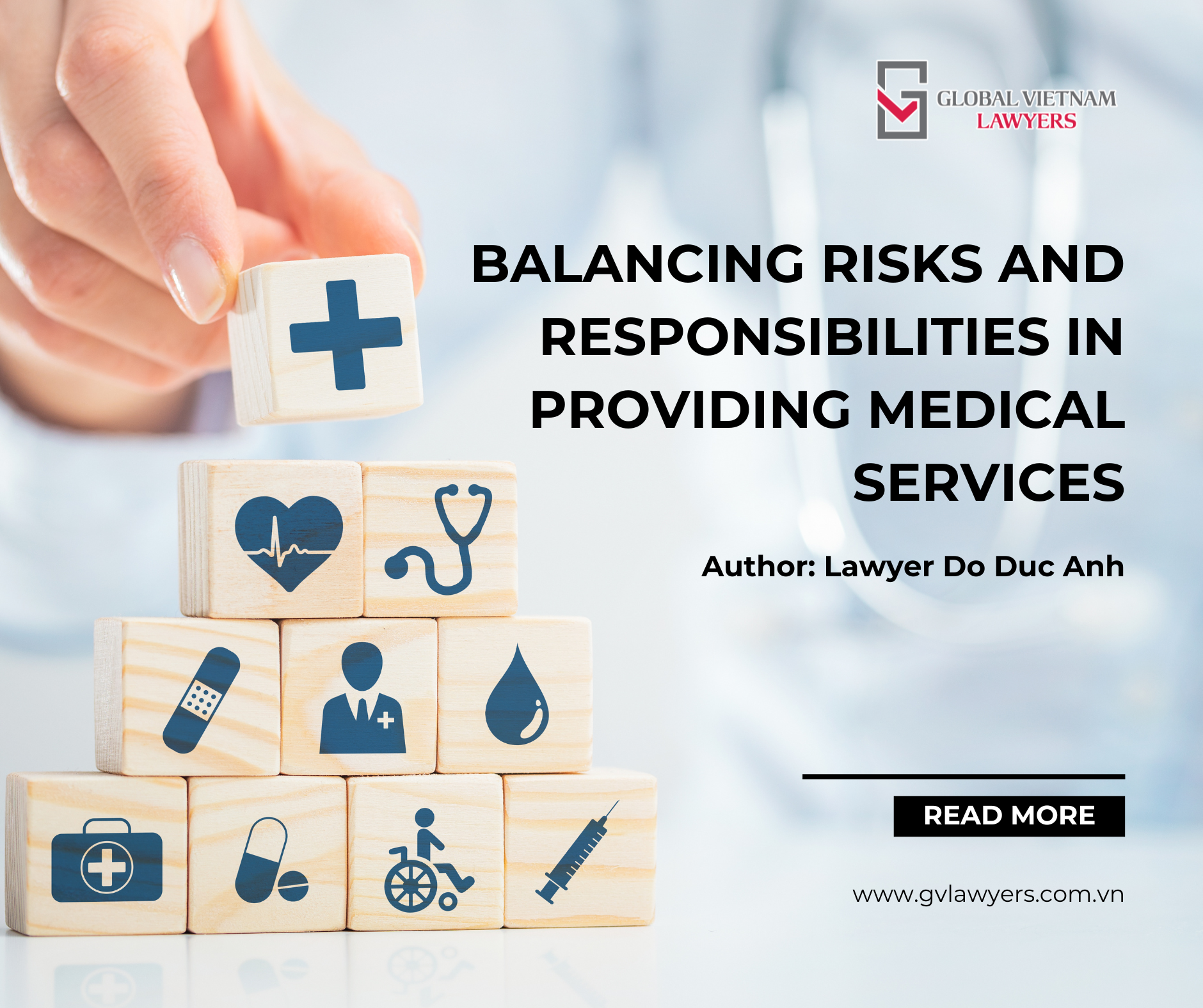GV Lawyers would like to introduce our valued readers an article by Lawyer Luong Van Ly, Lawyer Le Tien Dat and Ms. Nguyen Thi Hang titled “Do not let enterprises grope for the way in the “socialization” process” posted Saigon Economic Times No. 3-2018 (1.414) on 18 January 2018.
***
The term “public service socialization” is now so familiar with most people. It can be simply understood as the engagement of the private economic sector in the provision of public services, which has so far been subconsciously perceived to be the exclusive activity area of the State.
In the present-time market economy, socializing public services blows fresh air into public service provision activities and significantly mitigates the burden on the state budget. In order to create a legal corridor, the Government has adopted some legal instruments to govern socialization activities; at a lower level, people’s committees of provinces and cities have issued socialization plans for every stage of economic development.[1] This is a good sign showing that state authorities have implemented the policy of socialization step by step, but they have not done enough to create a safe legal corridor for private enterprises to eagerly engage in public service socialization.
The current legal system has left a lot to be desired, that is, some issues related to public service socialization are not provided for or the regulations on which are not clear, making enterprises grope for the way in the socialization process and wonder as to where the path of socialization leads them to.
Who can engage in and where to engage in?
According to the governmental policy, socialization means to campaign and organize the wide public participation of the whole society in order to gradually raise the popular enjoyment of education, healthcare and culture, and develop the popular physical and mental health.[2] In this direction, the regulations on socialization are now concretized in the two legal instruments such as Decree No. 69/2008/NĐ-CP of the Government, which is amended by Decree 59/2014 (hereinafter referred to as Amended Decree 69/2008) and Circular No. 135/2008/TT-BTC of the Ministry of Finance, which is amended by Circular 156/2014 (hereinafter referred to as Amended Circular 135/2008).
Pursuant to amended Decree 69/2008, in addition to education, healthcare and culture, socialized sectors also include vocational training, sports and environment. Accordingly, the subjects engaging in socialization include: (i) nonpublic establishments that are incorporated and meet the operating conditions prescribed by competent state agencies in cultural areas; (ii) organizations and individuals operating under the Enterprise Law which conduct such projects as investments, joint ventures, partnerships and establishments operating in socialized sectors and meet the operating conditions prescribed by competent state agencies; (iii) public non-business establishments which contribute or raise capital, participate in joint ventures or partnerships to incorporate independently accounted establishments, or enterprises operating in socialized sectors under the competent state authority’s decisions (“socializing estalishments”.)[3]
As such, socialization can be implemented by one of the two alternatives: (i) private enterprises conducting investment projects through joint ventures, partnerships or incorporating by themselves an establishment which meets the conditions to operate in socialized sectors as prescribed by competent state agencies or (ii) public non-business units which contribute or raise capital, participate in joint ventures or partnerships to incorporate independently accounted establishments, or enterprises operating in socialized sectors under the competent state authority’s decisions.
Necessary conditions are already in place
Socializing establishments are basically entitled to many incentives granted by the State, including lease of the land which has been compensated for area clearance, long-term facilities lease at preferential rates, land lease exempted from lease fees for the whole lease period or for certain years of that period; those on value added tax, import and export duties as regulated. Regarding corporate income tax, socializing estalishments only suffer a tax rate of 10% during the entire operation period; newly incorporated socializing estalishments are entitled to corporate income tax exemption for four years after gaining taxable income, deduction of 50% thereof in the next 5 years, etc.
With the said policies in place, socialization may be a fertile territory that must deserve the enterprises’ attention.
And sufficient conditions must be fulfilled
For incorporation and licensing purposes, socializing estalishments must ensure their compliance with the planning and guarantee the prescribed criteria of scale and standards.[4] Accordingly, relevant authorities are responsible for issuing the conditions on incorporations and operations, the standards on professional skills and facilities for socializing estalishments. Relevant ministries are concurrently responsible for the incorporation or suspension of operations of the socializing estalishments in accordance with law and in line with the scope, function, duty and authority of competent agencies.[5]
There are two issues relating to these regulations that need to be considered.
First, are the conditions for a socializing estalishment to be granted an operating license similar to or different from those eligible for incentive policies of socialization?
As aforesaid, in order to be licensed for operation, socializing estalishments must ensure their compliance with the planning and guarantee the prescribed criteria of scale and standards. However, we cannot find where and how these operating conditions are prescribed. On the other hand, there are regulations (as per Decision No. 1466/2008 TTCP which is later amended) stating the conditions on the required standards and scale for entitlement to incentive policies (please note that in principle, these are not the operating conditions of a socializing estalishment.)
Is it true that there are two separate group of conditions: one group of operating conditions (1) and the other of conditions for entitlement to incentive policies (2)? If these two group of conditions are separated, a socializing estalishment may be incorporated upon satisfaction of conditions (1) but it is possible that this enterprise will not be entitled to incentive policies if it does not satisfy conditions (2). In light of this possibility, investors will not feel assured to engage in pushing for the socialization process. It should be clearly prescribed in the direction that once a socializing estalishment is licensed for operation, it will also be entitled to incentive policies of socialization.
Second, what are the administrative procedures that an enterprise must conduct to engage in socialization, and where are they? The documents and applications to be submitted to licensing authorities, the processing time limits for the application files for incorporation, amendment or supplement of operational contents, conversion between operational models etc. are not provided for in detail as opposed to the procedures for enterprise or investment registration.
Pending the detailed legalization of the regulations on the said issues, socializing estalishments themselves will have to gradually “grope for the way” to apply for operation licenses, and then commence operations at a disadvantage due to lots of spent time and efforts in addition to the risk that laws may be amended along the way.
Parallel to the said issues, the regulations related to the management of socializing estalishments must be prescribed in more detail. In terms of management, it is more reasonable to delegate the provincial governments the duty and power to issue operation licenses to, monitor and manage the operations of socializing estalishments, and suspend their operations in case of their legal violations.
Pursuant to current regulations, socializing estalishments must disclose their expenses, activities, financial status, and the amounts subsidized by the State budget. However, there have not been any specific regulations on how, where and when to make this disclosure, and how the inspection or audit operations of state authorities are carried out. Supportive policies applicable to those who use the services provided by socializing estalishments have not yet been issued.
It should be noted that the law has not provided for the case where socializing estalishments are entitled to the incentive policies and have invested in the assets or relevant equipment on the leased land, what will be the solutions for the assets that have been invested on the leased land if they no longer satisfy the conditions of the incentive policies or terminate their operations?
To attract enterprises into socialization, the supportive and incentive policies are necessary conditions, but not sufficient ones. The State must build up specific and transparent mechanisms to make those participating in socialization feel assured and comfortable. Therefore, the amendment and supplement of the necessary issues to current regulations is a crucial requirement if we really want to encourage enterprises and investors to engage in socialization activities.
[1] Decision No. 3861/QĐ-UBND on issuing a plan for promoting investment in socialization activities in Ho Chi Minh City for the period 2017 – 2020;
[2] Section I of Resolution 90.
[3] Article 2 Amended Decree 69/2008
[4] Article 4.1 Amended Decree 69/2008
[5] Articles 17.5 and 17.10 Amended Decree 69/2008









